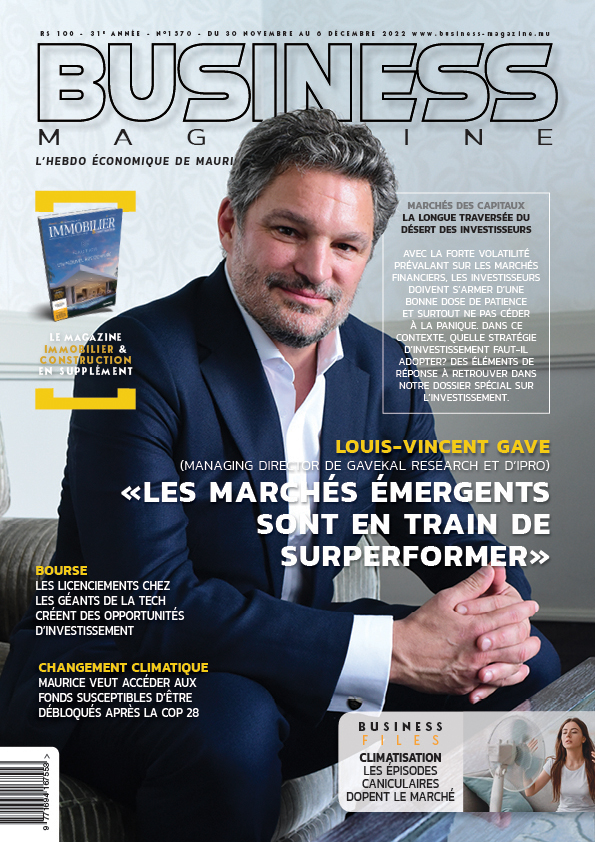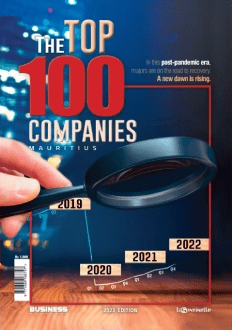KPMG ‘Better together ‘as a statement of our national priorities?
Share

The 2021/22 Budget was presented after yet another year of unprecedented events. Mauritius is no exception to other world economies facing the pandemic across various stages of outbreaks and varying levels of readiness. After a contraction of 14.9% in 2020 driven by declines in output, investment (-20%) and household consumption (-12%), headline inflation is reported to be at +2.5% due to sharp increases in commodity prices offset by lower interest rates and the incidence of lower price of cooking gas in our basket of goods. Furthermore, unemployment has been contained to 9.2% owing to the non-cyclical interventions, namely in the form of wage support WAS and SEAS. With a reported economic contraction of 5.4% in 2020/21 and a positive growth of 9% forecasted for 2021/22, the outlook is one of a “mini” upturn within a larger slowing trend. Unsurprisingly, the level of public debt at 95% of GDP reflects the state of our national accounts exacerbated by the ticket size of the COVID-response amounting to 32% of GDP. This unprecedented burden calls for an utterly disciplined fiscal management in the medium term to reduce public debt and avoid the much heavier debt trap.
Compared to last year, this Budget Speech enabled a more positive outlook with the availability of vaccines. The budget measures long for Recovery, Revival and Resilience in the expectation of vaccination being the game changer, amidst prospects of strong recovery globally. The measures centred around an ongoing economic agenda resting on three main pillars being: a boost to investment, shaping a new economic architecture and restoring confidence. Key to this are massive investments in public infrastructure, strengthening social protection and opening up of the economy.
Significant infrastructural projects worth Rs 65bn were announced, relating to land drainage, improving the road network, social housing, building additional sports and recreational facilities as well as projects targeted at the general embellishment of Mauritius. This will impact positively on the construction sector, with linkage into consumption. It, however, remains to be seen to what extent this measure will support local employment, since Mauritius imports virtually all of its construction materials and labour.
As part of the new economic architecture, we welcome the focus to have 60% of our energy generation from green sources and for the use of coal to be phased out by 2030. This is an ambitious policy target and will trigger a strategic response from existing power producers. More importantly, this would lead to reduced dependency on imported fossil fuels, and a reduction in the related foreign currency outflow.
The pharmaceutical industry is projected as a fresh pillar. With seed capital of MUR 1bn in biotechnology for the production of vaccines and other pharmaceutical products and a host of fiscal incentives in the form of tax credits and tax exemptions, this industry can eventually help employ Mauritians into more sophisticated jobs, and attract significant investment.
The contribution of expatriates and foreign citizens will be enhanced by way of extended occupation permits from 3 to 10 years for professionals, long holiday formulas for retirees and more accessible IHS investments. Spouses will be exempted from the need for an occupation or work permit to invest or work in Mauritius. Switching jobs without having to apply for a fresh permit will now be permitted for certain category of foreign professionals. At the other spectrum, the work permit system will be broadened to allow a lower salary threshold of Rs 30,000 in the Global business sector, and for foreign carers and maids to work in Mauritius.




